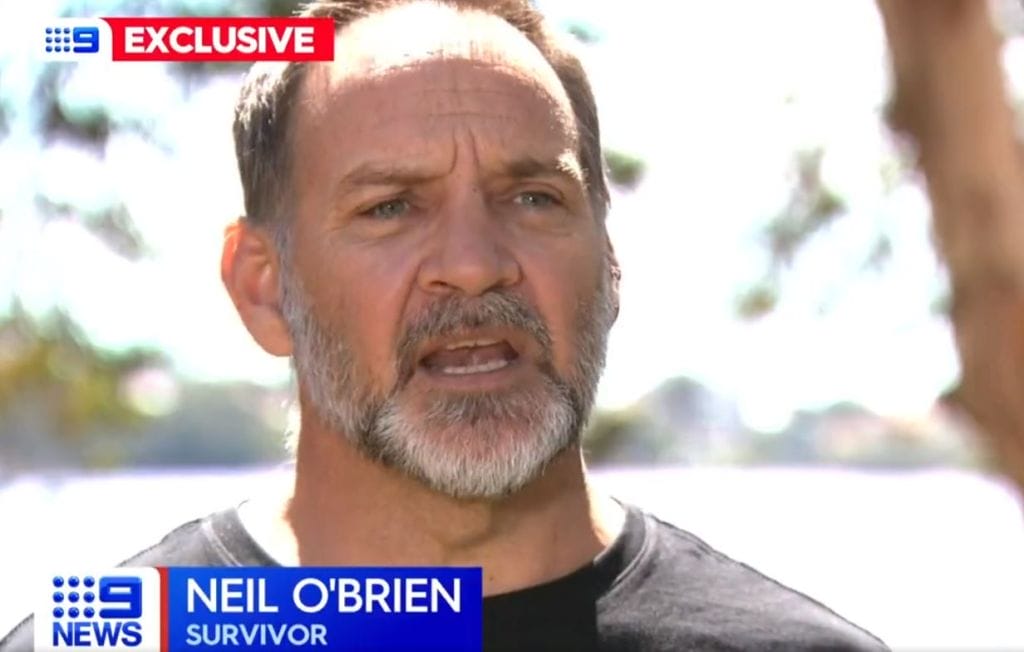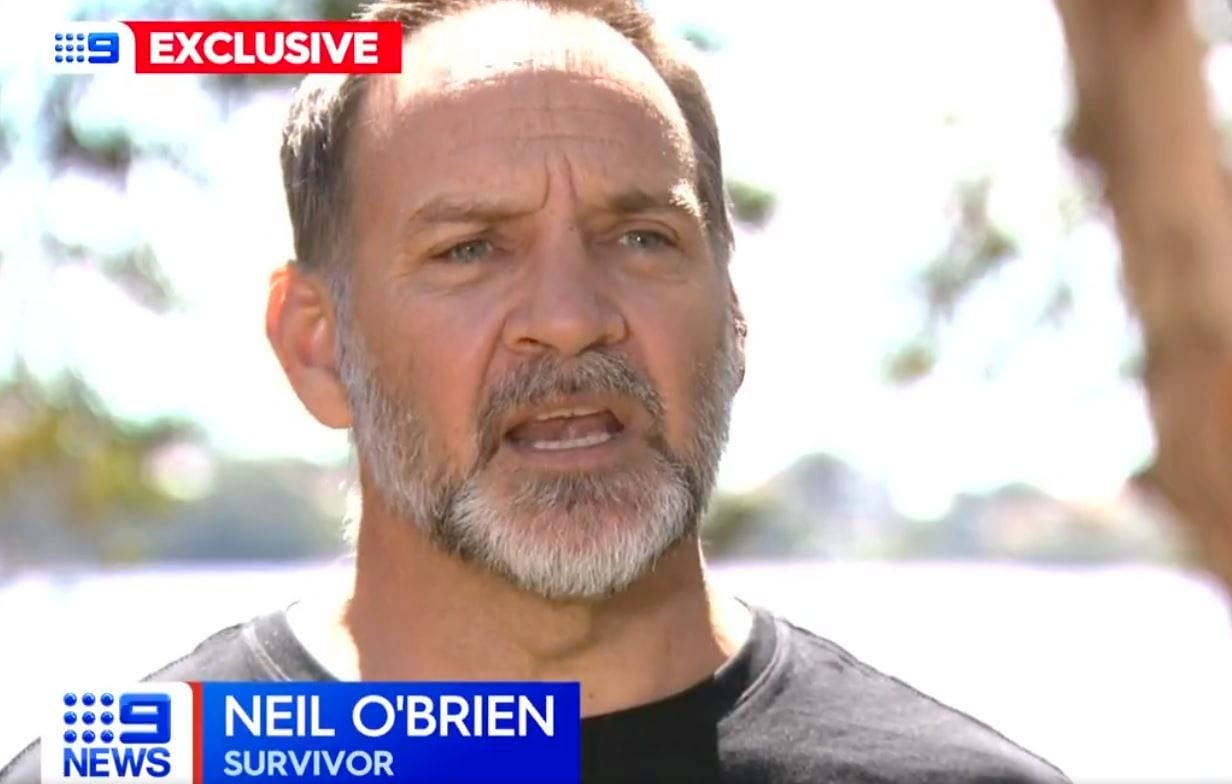Quick thinking restarts Perth man’s heart
Having a cardiac arrest is not how Perth man Neil O’Brien planned to kick off his retirement.
But that’s what happened to him just three days in to he and his wife Maria’s trip of a lifetime around Australia.
The pair were camped at Coronation Beach, about half an hour north of Geraldton, when Neil, 55, collapsed in the couple’s caravan.
Maria called for help and, thanks to a nearby defibrillator and a fellow camper who knew first aid, saved her husband’s life.
Only one in 10 people survive sudden cardiac arrest.
But more lives can be saved if bystanders know first aid and/or do not feel apprehensive about delivering the three key steps when providing first aid in a cardiac arrest, which are CALL. PUSH. SHOCK.
CALL Triple Zero (000) for help, start bystander CPR (PUSH) and SHOCK using a publicly available Automated External Defibrillator (AED) while waiting for the ambulance to arrive.
Those three steps form the first vital links in the Chain of Survival, with ambulance and hospital care making up the five steps in total.
Neil shared his story with 9 News on Restart a Heart Day to raise awareness of the importance of people learning first aid.
He encouraged anyone whose skills were not up to date to sign up to learn CPR and how to use an automated external defibrillator – both of which saved his life.

“Without a doubt in this case the AED saved a life,” St John Resuscitation Improvement Coordinator David Reid said.
“The first five minutes are vital.”
St John WA provides a range of first aid courses. For more information, go to https://stjohnwa.com.au/first-aid-training/first-aid-courses
St John WA also encourages people to download the First Responder app.
The St John First Responder App sends GPS coordinates to the operator when someone calls Triple Zero (000) for an ambulance, speeding up the time it takes to confirm the location of the emergency and dispatch an ambulance.
The app – which has already been downloaded by more than 200,000 Western Australians – links users to the locations of 7000 registered AEDs around the State.
